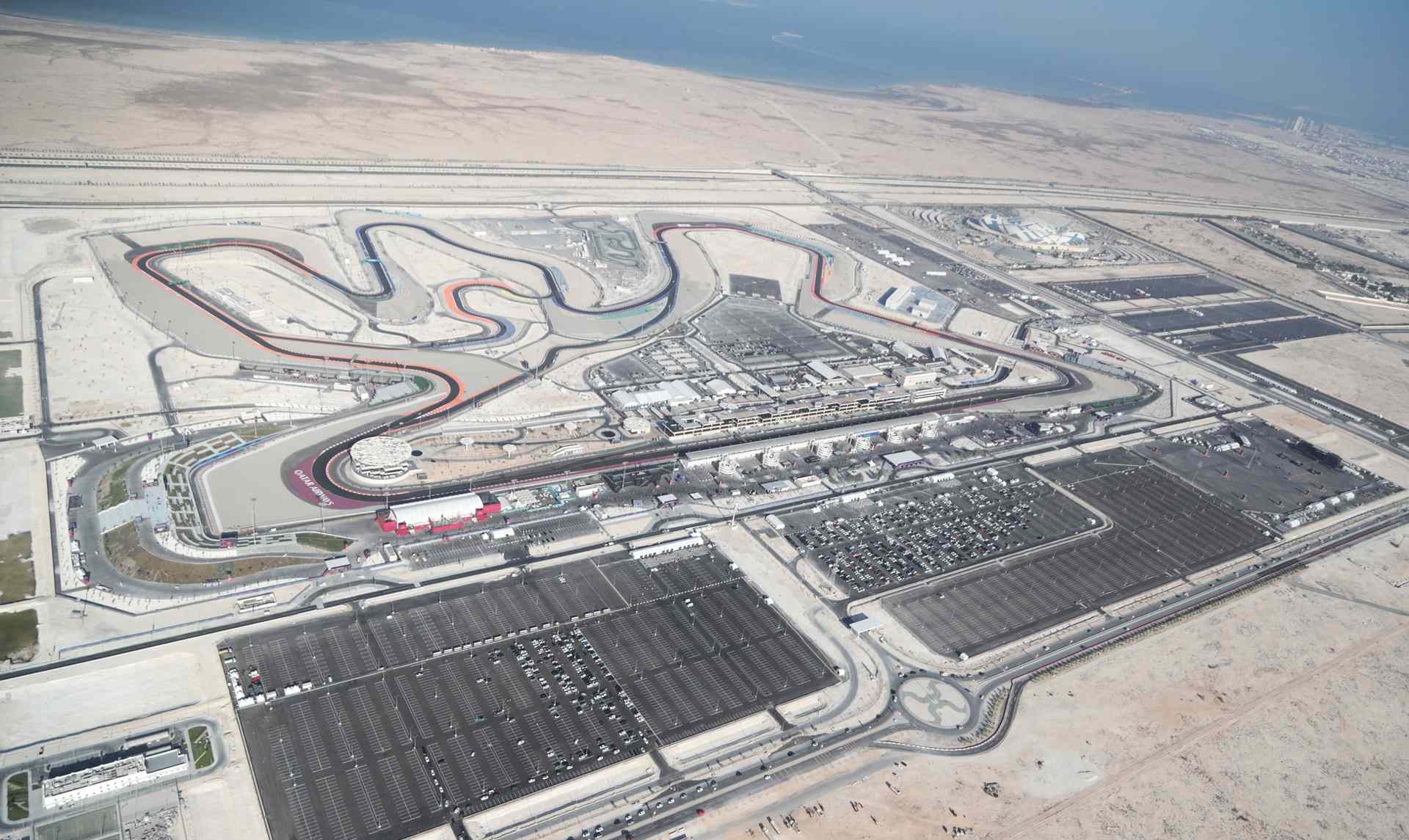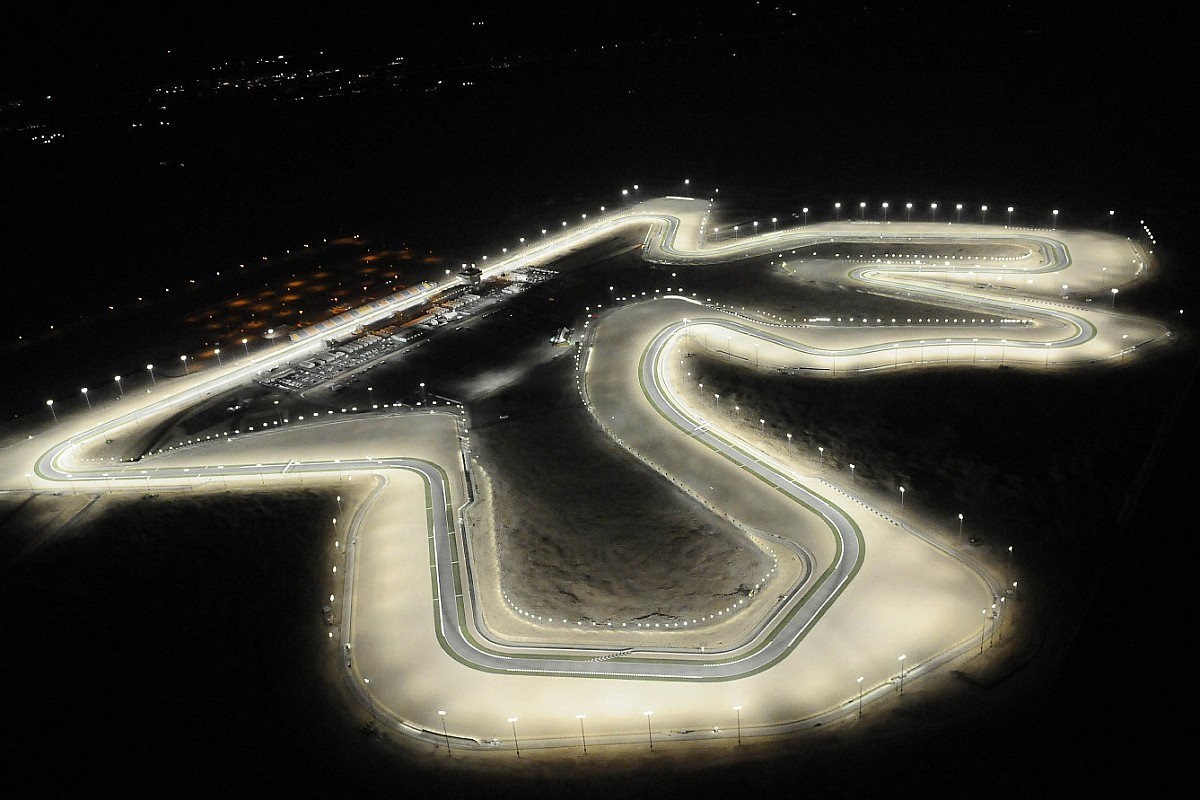The Losail International Circuit in Doha is gearing up to host the official pre-season test of 2024 on February 24-25, just a week before the inaugural round of the year on March 2.
However, there might be a slight delay in the two-day test as certain teams await the arrival of their cars and equipment via sea route.
According to a statement released by the WEC (World Endurance Championship), the series anticipates potential delays of up to 48 hours in the arrival of all shipping containers to Qatar. The schedule for the Prologue event could consequently be subject to adjustments depending on developments unfolding on Thursday and Friday.
“The ongoing disruption to the shipping route in the Red Sea has led to delays in several shipping containers en route to Qatar for the opening round of the FIA World Endurance Championship,” the statement outlined.

“The championship is bracing for a delay of 24 – 48 hours in the arrival of some freight at the circuit and is providing regular updates to the teams regarding the progress. Consequently, the Prologue schedule may undergo modifications, and a decision is expected imminently.”
Similar shipping disruptions had previously compelled the organizers of the Dubai 24 Hours to reschedule their 2024 event, initially slated for January 13-14. A 14-day delay resulted in it coinciding with the Daytona 24 Hours, which serves as the opening round of the IMSA SportsCar Championship.
Unlike the logistical complexities of rescheduling the Dubai event, rearranging the Prologue will be relatively straightforward, given that the WEC paddock is set to remain in Qatar for the opening round of the season the subsequent week.
Shipping cargo through the Red Sea has become increasingly challenging and expensive since the Houthi military organization initiated attacks on container ships in the region in November of the preceding year.
This disruption has significantly impacted global trade, leading to a noticeable decrease in traffic traversing the Suez Canal.
The Red Sea serves as a crucial link connecting the Indian Ocean to the Mediterranean Sea via the Suez Canal, establishing one of the most vital maritime passages globally and bridging the geographical gap between Europe and Asia.

